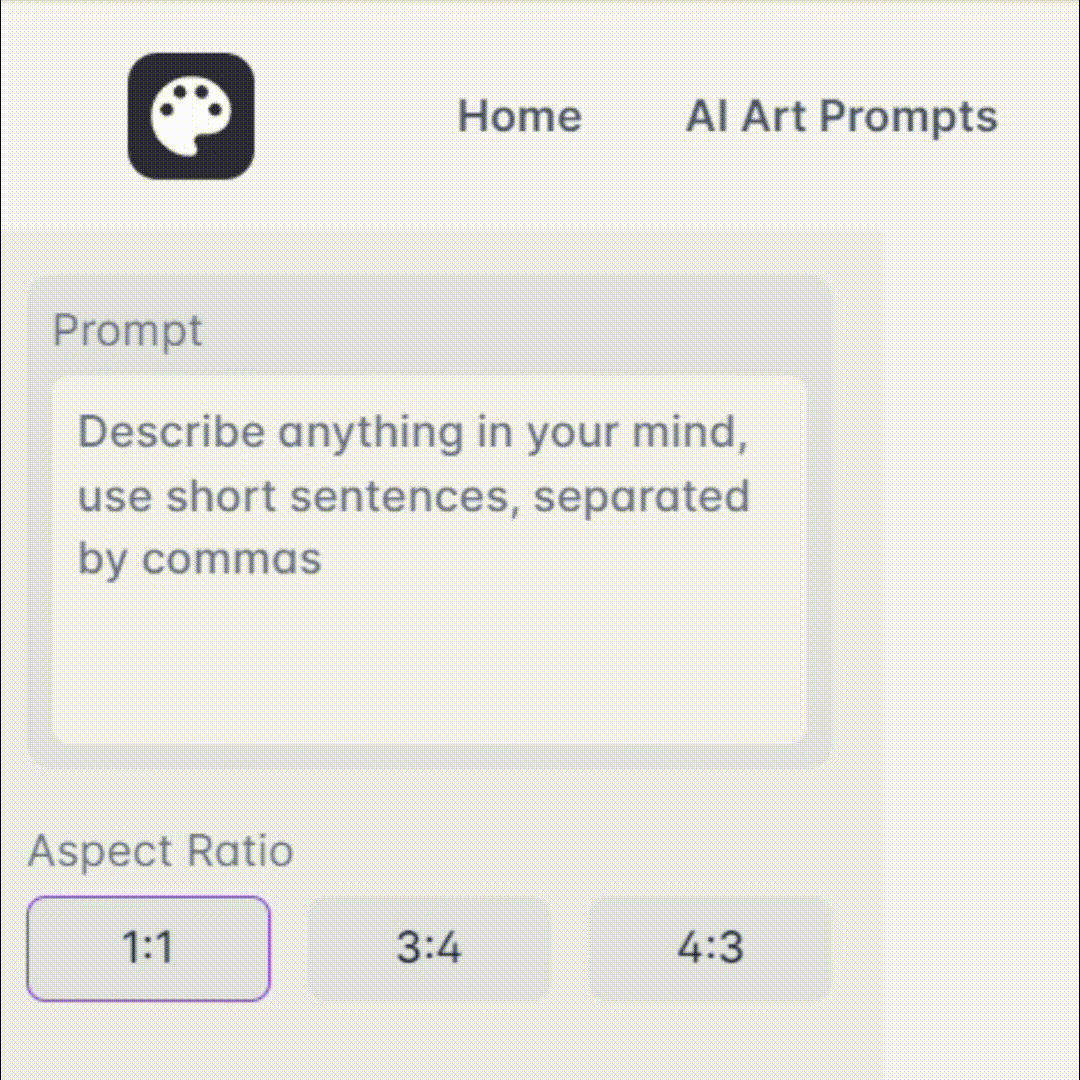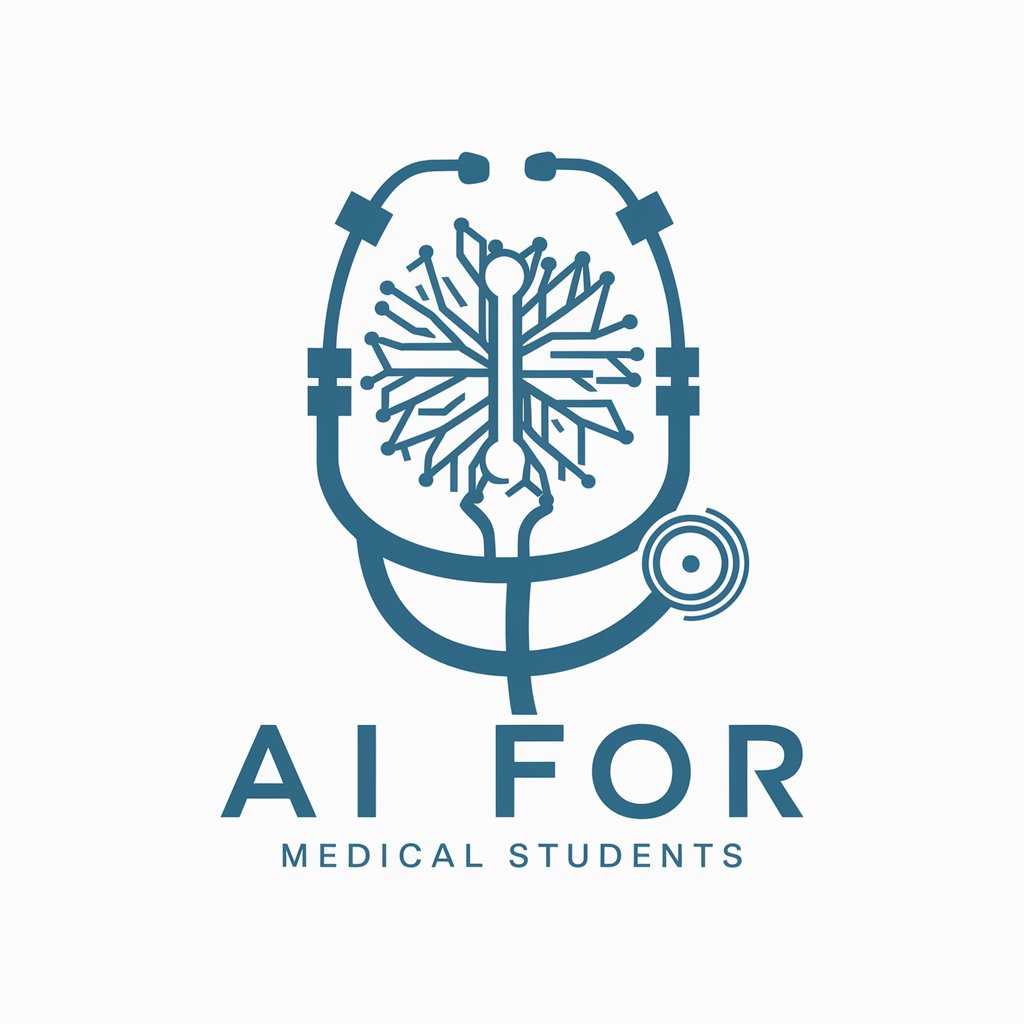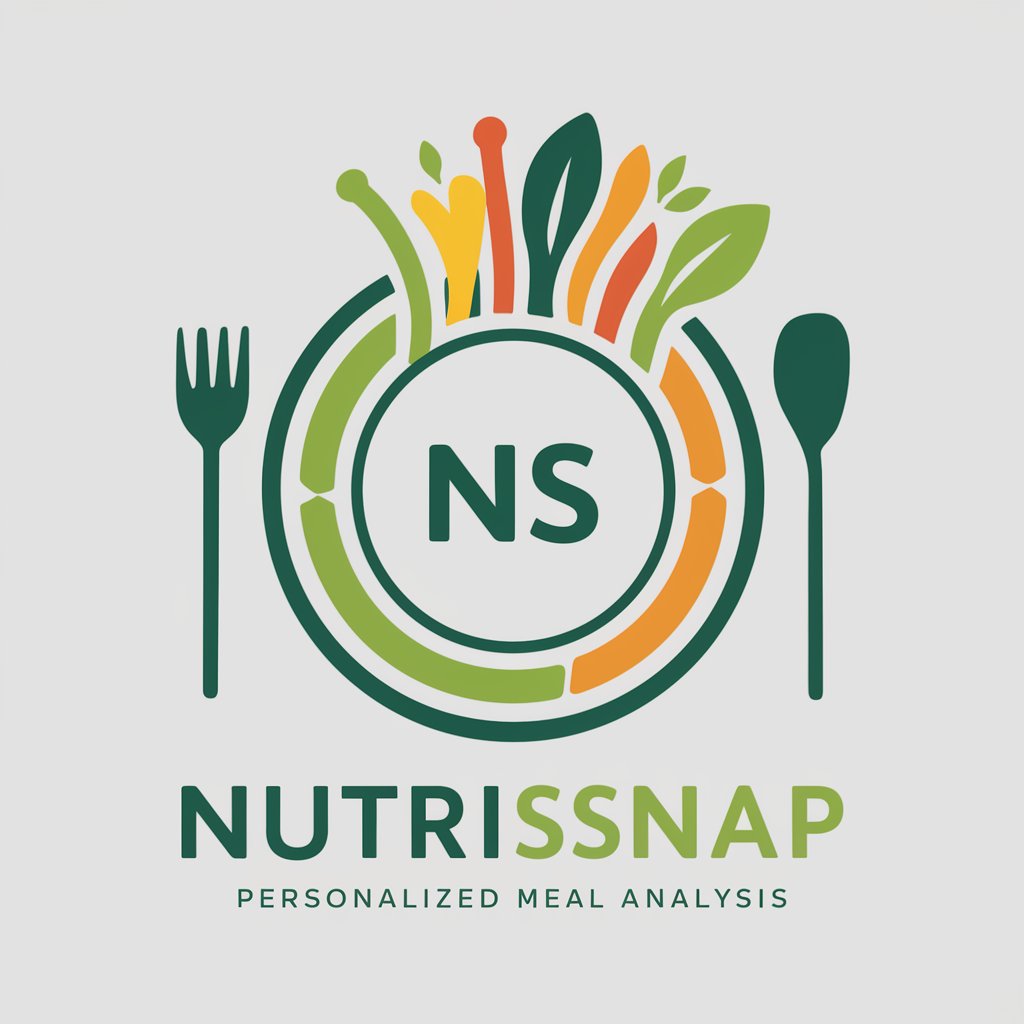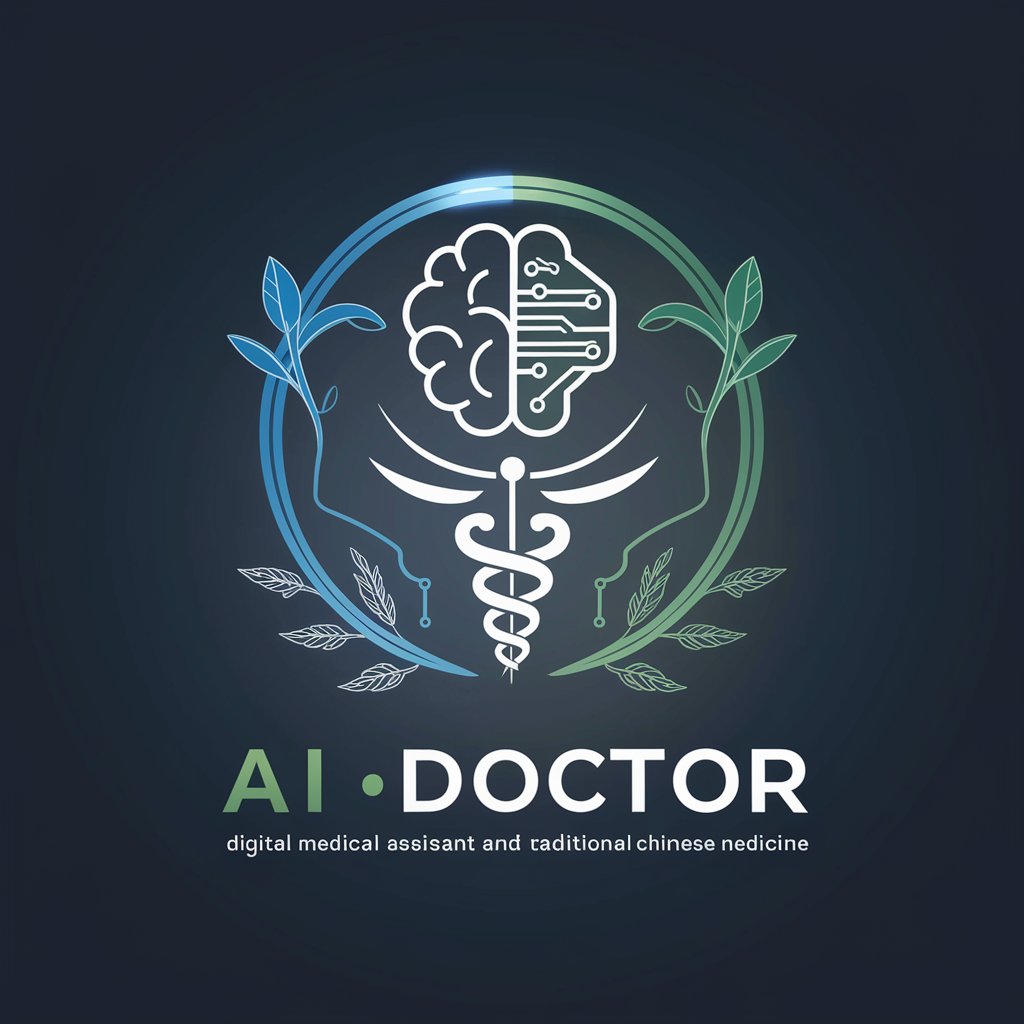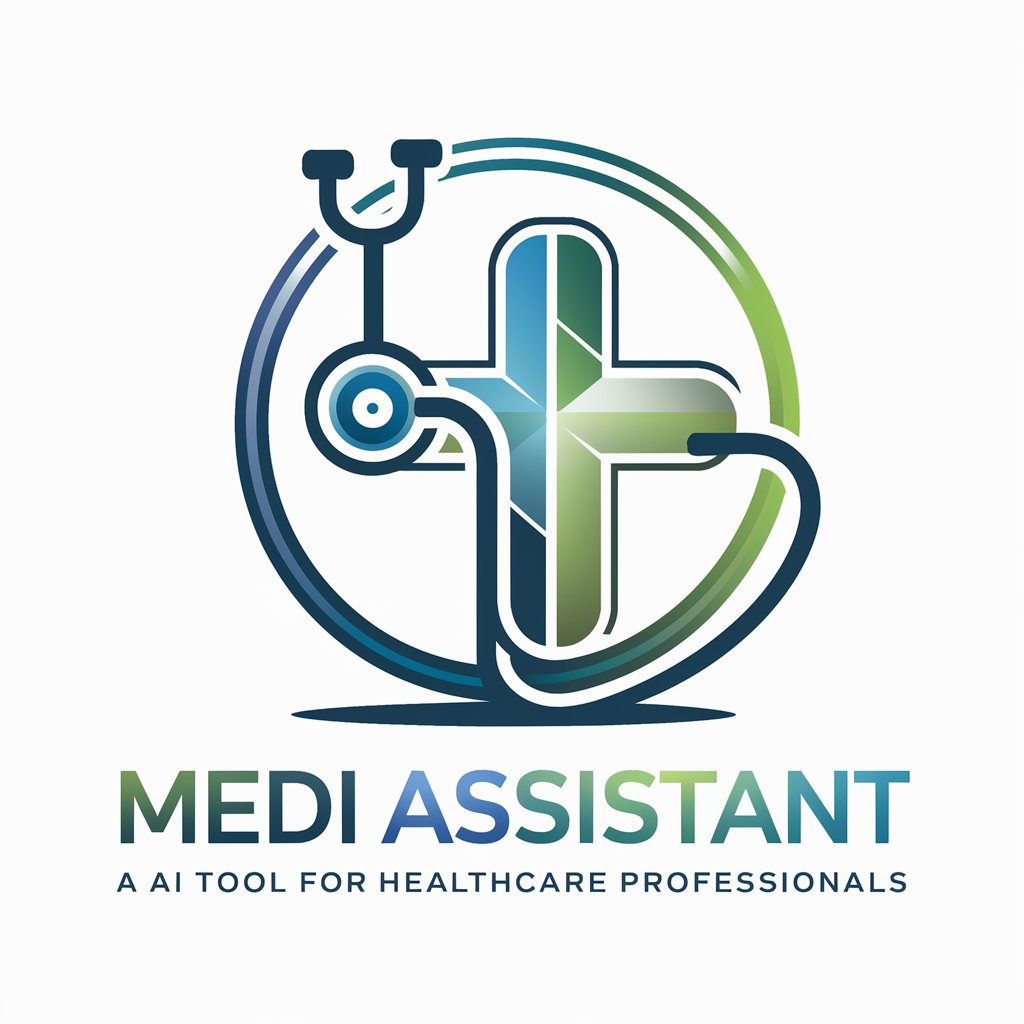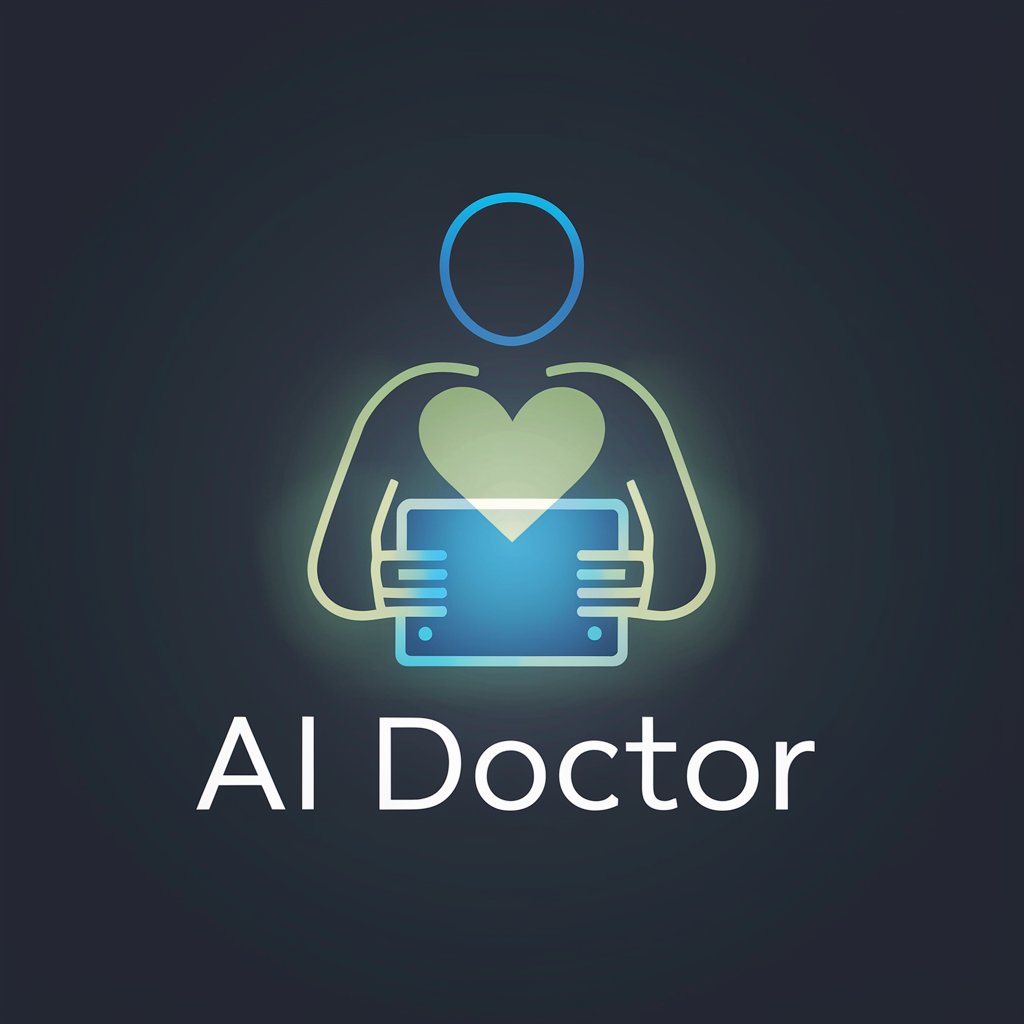
Medical AI - Expert Medical Insights
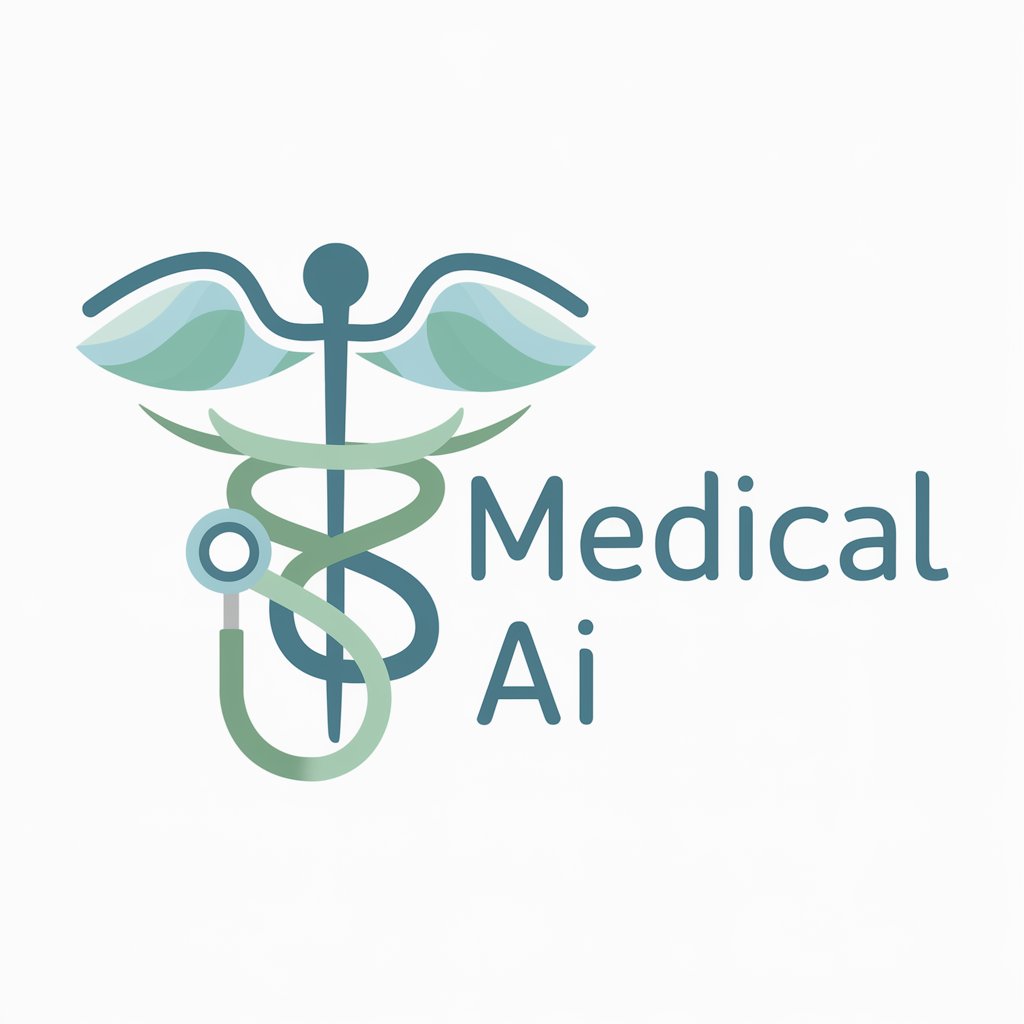
Welcome to our shared journey of discovery in medical knowledge!
Empowering Medical Discovery with AI
Imagine a scenario where a patient presents with...
Describe the process of how cells repair themselves after...
Explain the role of genetics in the development of...
Outline the steps involved in diagnosing and treating...
Get Embed Code
Exploring Medical AI
Medical AI encompasses a broad spectrum of AI applications designed to support healthcare professionals, patients, and researchers by providing advanced data analysis, decision support, and personalized medicine. Its purpose is rooted in augmenting medical understanding, optimizing healthcare delivery, and improving patient outcomes through intelligent automation and predictive analytics. For instance, imagine a scenario where a patient's electronic health records (EHRs) are analyzed by Medical AI to predict the risk of developing chronic conditions like diabetes or heart disease. This predictive capability allows for early intervention strategies to be devised, tailored specifically to the patient's unique health profile. Powered by ChatGPT-4o。

Core Functions of Medical AI
Predictive Analytics
Example
Predicting patient risks for chronic diseases
Scenario
Medical AI analyzes a patient's historical health data, lifestyle factors, and genetic predispositions to forecast the likelihood of developing conditions such as diabetes. This enables healthcare providers to recommend preventive measures and personalized care plans.
Diagnostic Assistance
Example
Enhancing diagnostic accuracy for diseases
Scenario
Through the analysis of medical images, such as X-rays and MRIs, Medical AI aids radiologists in identifying abnormalities more accurately and swiftly. This function serves to complement the expertise of medical professionals, potentially reducing the rate of diagnostic errors.
Treatment Customization
Example
Tailoring treatment plans for cancer patients
Scenario
Medical AI evaluates various factors, including genetic information, tumor characteristics, and patient responses to past treatments, to suggest personalized therapy combinations. This approach aims to maximize treatment efficacy and minimize side effects.
Target Users of Medical AI
Healthcare Professionals
Doctors, nurses, and other medical staff utilize Medical AI to enhance patient care through improved diagnosis, treatment planning, and monitoring. The technology supports them in managing their workload more efficiently, enabling more time for patient care.
Patients and General Public
Individuals seeking to take an active role in their health management can benefit from Medical AI. Through wearable devices and health apps powered by AI, users gain insights into their health status and receive personalized advice to improve their well-being.
Medical Researchers
Researchers use Medical AI to analyze vast datasets for patterns and insights that could lead to new medical breakthroughs, understanding disease mechanisms, and developing novel therapies. This accelerates the pace of medical research significantly.

How to Utilize Medical AI Effectively
1
Start by visiting yeschat.ai to explore its features through a free trial, no registration or ChatGPT Plus subscription required.
2
Familiarize yourself with the user interface and available tools by accessing tutorials or help guides provided within the platform.
3
Define your medical inquiry or use case clearly before initiating a conversation with Medical AI to ensure targeted assistance.
4
Engage with Medical AI by asking specific questions or describing scenarios to receive personalized and detailed medical knowledge.
5
Review and reflect on the information provided, utilizing external resources or professional consultations for confirmation or further exploration.
Try other advanced and practical GPTs
Discover LaTeX with Tex
Master LaTeX with AI-powered Guidance

Discover Saaristo
Explore Finnish Archipelago Sustainably with AI

Discover Cambodia
Unlock Cambodia with AI-Powered Insights

Discover Angola ✓
Unlock Angola with AI

Discover Brantford
Explore Brantford with AI-powered guidance

Discover
Unleash Creativity with AI

My Barista
Elevate Your Coffee Experience with AI

Google Shopping and Shopify Taxonomy Matchmaker
Streamlining Product Listings with AI

Shøpify IA
Empowering Shopify Success with AI
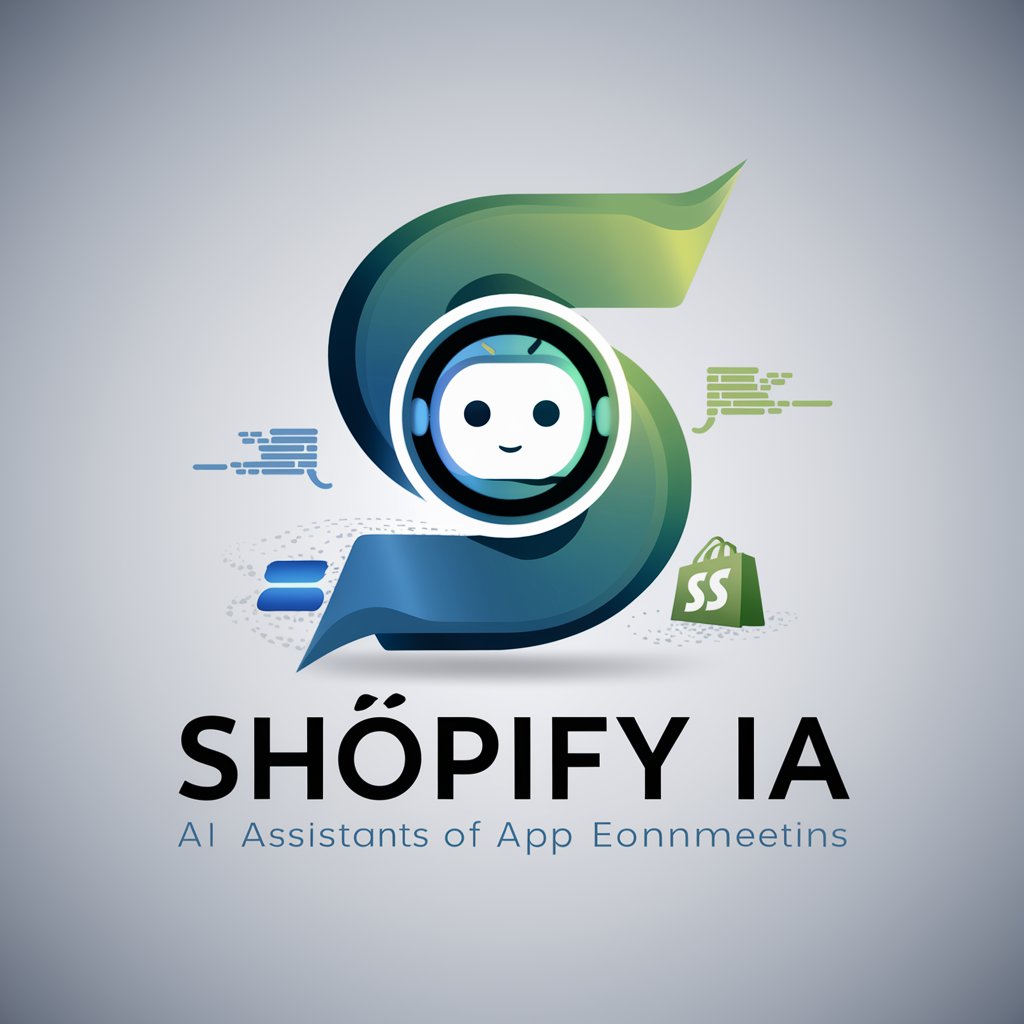
Ecom shopify assistant
Empower Your Store with AI
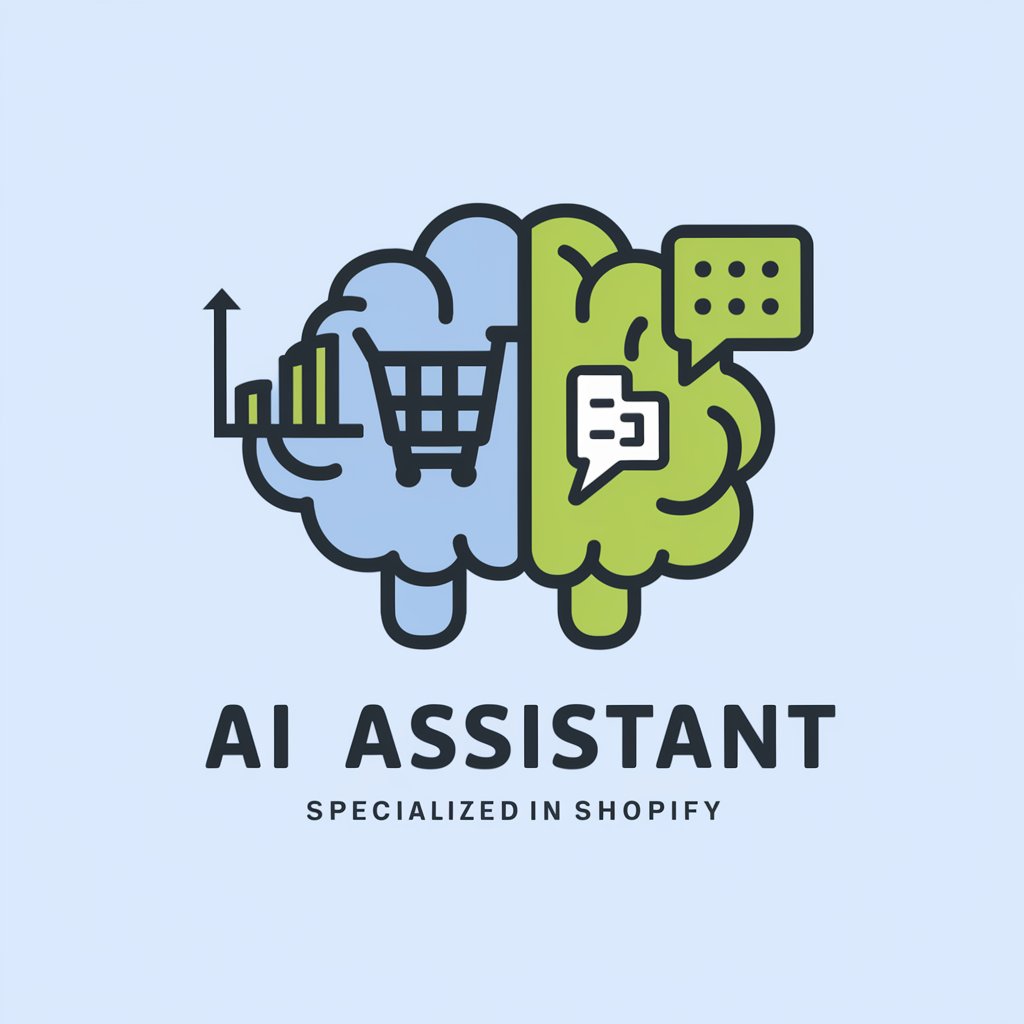
Shopfy Dev Guru
Empowering Shopify Development with AI

Shopify Consultant
AI-powered Shopify Expertise at Your Fingertips

Frequently Asked Questions About Medical AI
What is Medical AI?
Medical AI refers to advanced artificial intelligence systems designed to provide medical information, advice, and insights. It leverages vast medical databases and machine learning algorithms to simulate an expert-level consultation.
Can Medical AI diagnose health conditions?
While Medical AI can provide insights based on symptoms and medical knowledge, it does not replace professional medical diagnosis. It's designed to support and inform rather than make clinical decisions.
How accurate is Medical AI?
Medical AI's accuracy depends on the quality and breadth of the data it has been trained on, as well as the specificity of the user's questions. It aims to provide up-to-date and evidence-based information.
Is my personal health information safe with Medical AI?
Medical AI prioritizes user privacy and does not store personal health information. Users are encouraged not to share sensitive personal details.
How can Medical AI assist in academic research?
Medical AI can assist researchers by providing quick access to a wide range of medical literature, offering insights on medical conditions, treatments, and recent advancements in the field.
